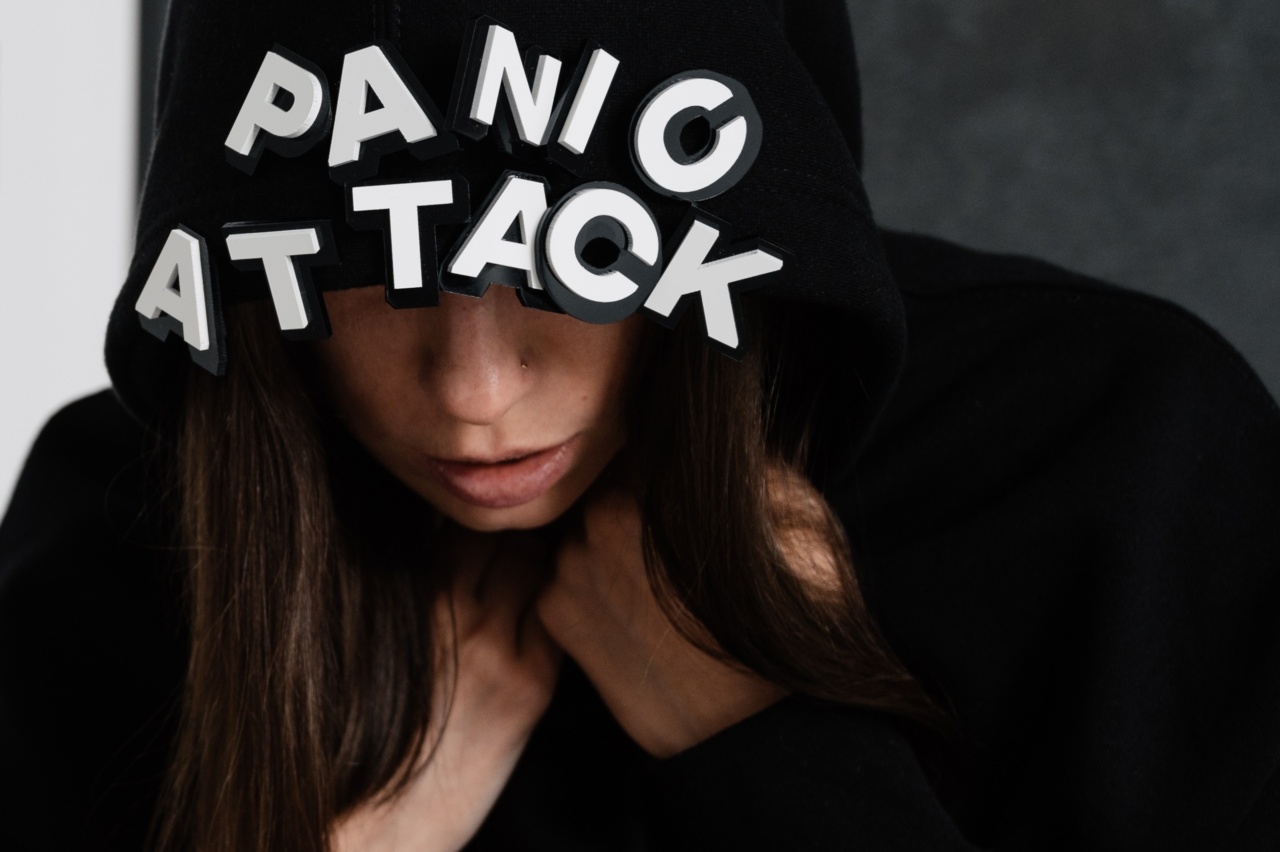Panic attacks can be scary and overwhelming experiences, especially if you don’t know what to do. Panic attacks can come on suddenly and can cause physical symptoms such as rapid heartbeat, sweating, and difficulty breathing.
However, there are ways to cope with a panic attack, and in this guide, we will provide you with some tips that you or someone else can use to get through a panic attack.
What is a Panic Attack?
A panic attack is a sudden and intense feeling of fear or discomfort that can last anywhere from a few minutes to an hour. Panic attacks can be caused by a variety of triggers, such as stress, trauma, or a medical condition.
Symptoms of a panic attack can include:.
- Rapid heartbeat
- Sweating
- Shortness of breath
- Chest pain
- Trembling or shaking
- A feeling of choking
- Nausea or stomach issues
- Dizziness or faintness
- Feeling detached from reality
Tips For Coping With A Panic Attack
If you or someone you know is experiencing a panic attack, it’s important to remember that it will pass. Panic attacks typically only last for a short amount of time, even though they can feel like they are lasting forever.
Here are some tips to help you cope:.
1. Practice Grounding Techniques
Grounding techniques can help you stay focused and centered during a panic attack. Some examples of grounding techniques include:.
- Counting backwards from 100
- Focusing on your breathing and taking slow, deep breaths
- Identifying objects in the room and describing them in detail to yourself
2. Remind Yourself That You Are Safe
During a panic attack, your body may go into a “fight or flight” response. Reminding yourself that you are safe can help alleviate some of the fear and discomfort you may be feeling. Some things you can tell yourself include:.
- “I am safe”
- “This feeling will pass”
- “I’ve been through this before and I can do it again”
3. Use Positive Affirmations
Positive affirmations can help boost your mood and remind you that you are in control of your thoughts and feelings. Some examples of positive affirmations include:.
- “I am strong”
- “I am capable”
- “I am worthy of love and happiness”
4. Talk To Someone You Trust
Talking to someone you trust can help you feel less alone and can provide a distraction from the panic attack. You can talk to a friend, family member, or mental health professional.
Remember to let them know what you are feeling and what you need from them during this time.
5. Try Relaxation Techniques
Relaxation techniques such as progressive muscle relaxation or visualization can help you feel more calm and centered during a panic attack. Some examples of relaxation techniques include:.
- Progressive muscle relaxation: Tense and then relax each muscle group in your body, starting with your toes and working your way up to your head.
- Visualization: Imagine yourself in a peaceful place, such as a beach or a forest.
6. Focus on Something External
Focusing on something external can help take your mind off of the panic attack. Here are some examples of things you can focus on:.
- A picture on the wall
- A song on the radio
- A smell in the room
7. Use Your Senses
Using your senses can help you feel more grounded and present. Here are some ways you can use your senses:.
- Smell something pleasant, such as a candle or an essential oil
- Listen to calming music
- Eat or drink something comforting, such as a favorite snack or beverage
8. Create a Safety Plan
Creating a safety plan can help you feel more prepared in case of future panic attacks. A safety plan can include things like:.
- Your personal coping mechanisms
- A list of emergency contacts
- Information about local crisis hotlines and mental health resources
9. Seek Professional Help
If you are experiencing frequent panic attacks or if your panic attacks are interfering with your daily life, it may be helpful to seek professional help.
A mental health professional can help you develop strategies to cope with your panic attacks and can provide support and guidance throughout the process.
10. Take Care of Yourself
After a panic attack, it’s important to take care of yourself and prioritize your physical and mental wellbeing. Some things you can do to take care of yourself include:.
- Eating a healthy meal
- Getting enough sleep
- Making time for self-care activities, such as exercise, meditation, or spending time with loved ones
Conclusion
Panic attacks can be scary and overwhelming, but there are ways to cope. Grounding techniques, positive affirmations, and seeking professional help are just a few of the strategies that can help you manage a panic attack.
Remember to prioritize your physical and mental wellbeing, and don’t be afraid to reach out for support if you need it.































